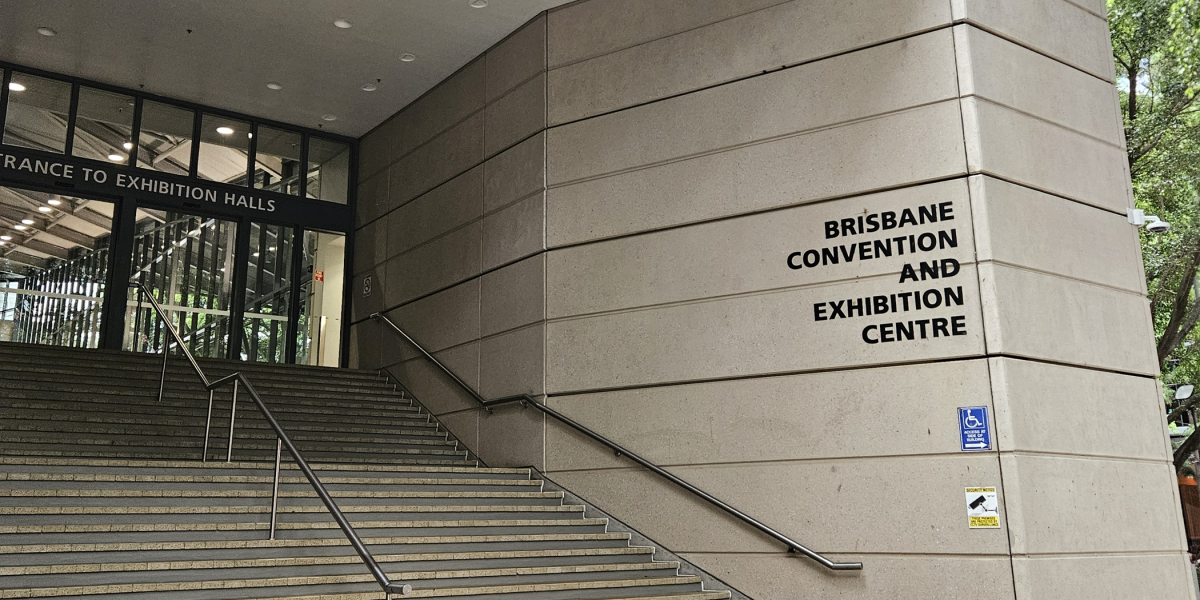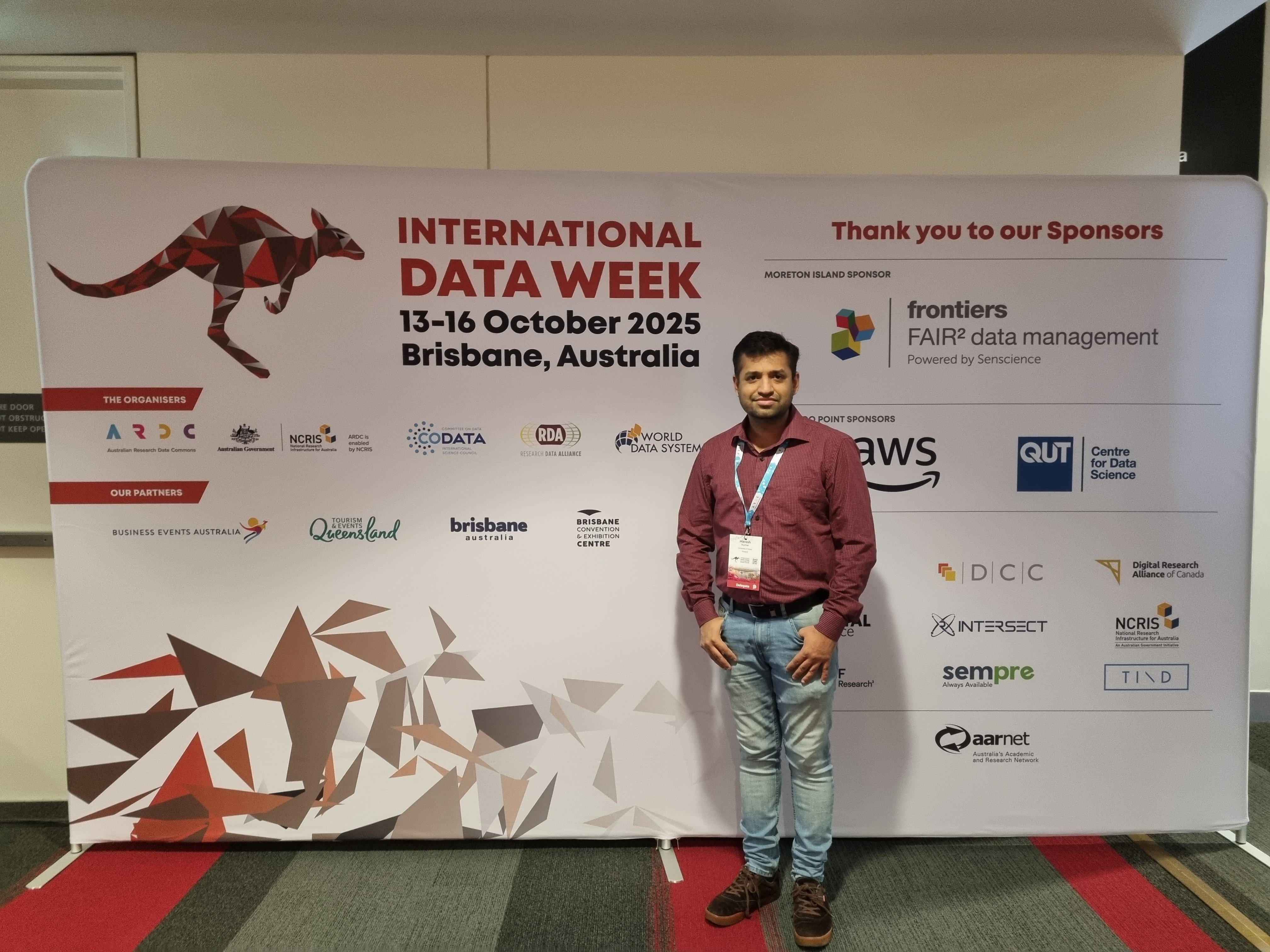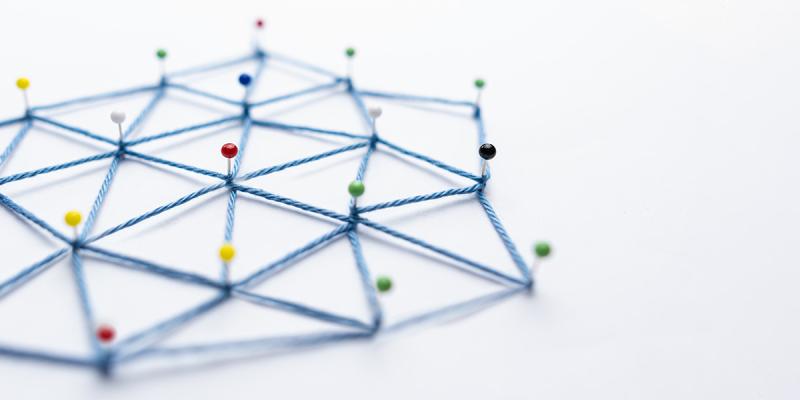
PhD researcher Haresh Kumar received a travel grant from the EOSC Finnish Forum to attend the International Data Week 2025 conference in Brisbane. In the blog, he writes about his experience at IDW.
I participated in person at International Data Week (IDW) 2025, which was held in Brisbane on 13th to 16th October, a conference combining RDA’s (Research Data Alliance) 25th plenary meeting with support from EOSC Finnish Forum. This conference programme included four days of presentations from early morning until late evening that were insightful and full of professional networking opportunities. It was my first time attending IDW and meeting with other data scientists, researchers, policymakers, and data stewards from various disciplines across the globe.
My research work focuses on developing algorithms and frameworks for critical infrastructure, which includes artificial intelligence (AI), communication technologies, protocols, and standards. During IDW, I got to know about many novel concepts by attending plenary sessions and interacting with policymakers, data stewards, and representatives of the Australian Research Council and Queensland University of Technology. The themes of IDW were mainly focused on building AI tools, repositories, and policy for open data sharing and management considering FAIR and CARE principles.
I participated in the RDA plenary session. The plenary session featured the Sarah Jones Award Winner Aleksandra Lazić, the Global Open Research Commons Overview and Use Cases, Agentic AI in Support of Science and Research, and the Complex Citation Implementation Interest Group. This plenary session covered research commons and their key components. The speakers emphasized on their developed international model that was developed based on RDA’s recommendations. Such kind of model could be utilized for Finnish Open Science and Research Community, and it can be further modified based on EOSC and RDA’s recommendation. Another presenter emphasized the EGI model that is used against international model, in addition describing the EOSC nodes that are building node-based networks, which also CSC is currently developing.
I also got inspired by some other breakout sessions during the workshop. One of the breakout sessions that I attended was "Utilizing Frameworks, Platforms, and Community Roadmaps to Promote Reproducibility, Interoperability, and Data Integration". The presentation focused on the methods in which community-driven roadmaps, platforms, and frameworks could significantly improve the integration, interoperability, and reproducibility of research data across disciplines. The presenters highlighted that adopting standardized structures and interoperable frameworks can improve the long-term dependency on accessible data.
This session was important to me because it aligns well with my research, which focuses on promoting open and interoperable data for diverse datasets like measurements collected by sensors. Adopting the discussed approaches in the session will not only improve machine learning based models’ reliability but also will help to build a more resilient, efficient, and sustainable energy system through collaborative innovation.

Haresh Kumar at IDW in Brisbane, Australia. Photo: Haresh Kumar.
Participating in RDA’s plenary session in addition to attending other plenary and breakout sessions was a great opportunity to get to know specialists' work for open science and their contribution by being involved with Working Groups and Interest Groups. It was interesting to see how different organizations are working together to build tools and policy for data sharing globally, especially when there is concern about critical and sensitive data sharing. Moreover, I got the chance to meet with other delegates from Finland that are working for CSC and the Finnish Meteorological Research Institute. It is great to know other people by attending such kinds of conferences, which will open the door for future research collaboration to contribute to open science, data sharing and building AI-based tools.
Lastly, I would say that it was a very insightful conference, full of novel concepts and networking opportunities. The four-day experience of navigating an intensive programme with several participants was both overwhelming and extremely rewarding. I chose the sessions in which I was interested. Thanks to the IDW 2025 organizing committee for also developing the IDW 2025 mobile application that was very useful for sharing contact details and getting to know the agenda of the conference.
Text: Haresh Kumar, doctoral researcher, University of Vaasa
Photos: Haresh Kumar


